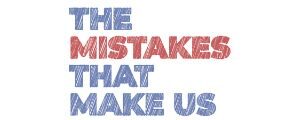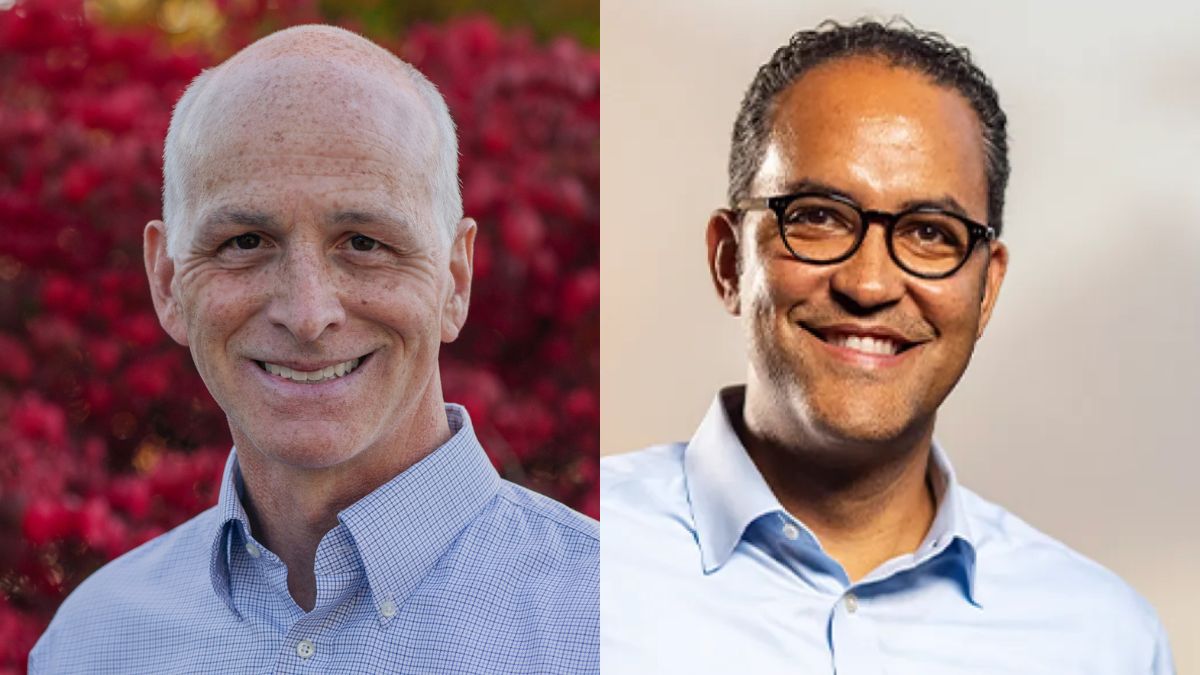We all make mistakes, but it’s shocking to hear a politician admit one. Napoleon Bonaparte said,
“In politics… never retreat, never retract… never admit a mistake.”
Former New Jersey Governor Chris Christie recently took a swipe at his former boss, now Presidential primary opponent Donald Trump, for believing he has
“never made a mistake, [has] never done anything wrong, [and] when something goes wrong it’s always someone else’s fault.”
Christie’s comments aside, Napoleon’s advice dominates American politics and governance, with our leaders far more likely to double down on a mistake.
Silicon Valley executives today promote the benefits of learning from failures. But I believe we’d be better off with political leaders who are willing to admit mistakes, take responsibility for their actions, and change course. We have at least two of them in former U.S. Rep Will Hurd (R-TX), the latest entrant into the 2024 Republican Presidential Primary field, and 14-term U.S. Rep. Adam Smith (D-WA).
When I interviewed Hurd for the “My Favorite Mistake” podcast in September 2020, he spoke openly about losing his first House election in 2010. Actually, he received the most votes in the initial vote, but only a plurality of 33.7%. Hurd lost the run-off, by 700 votes, to Francisco “Quico” Canseco, who then defeated the incumbent Democrat, Ciro Rodriguez.
With regret, Hurd admitted overruling the consultants who had advised him that a runoff required new tactics and strategies. Instead, Hurd continued the approach that got him the most votes the first time.
While other candidates might have blamed the consultants, or whined, “Why didn’t you do a better job of convincing me?” Hurd owned his decision and mistake. He didn’t blame bad data or other factors. To Hurd’s credit, when he ran again four years later, he vowed, “We weren’t going to make the same mistake”. Following the consultants’ 2010 advice in 2014, Hurd won the primary (beating Cansceo by over 2700 votes in a runoff) and the subsequent general election.
Hurd told me,
“I think we learn most from our mistakes,”
…adding, “If I’d known in advance [it was a mistake], I wouldn’t have done it,” referring to his failed 2010 runoff strategy. Politicians often apologize for “unintended mistakes” — a deliciously redundant phrase. If a mistake was ever “intended,” we have words for that, including “sabotage.”
What Hurd experienced is true of all mistakes: we make a decision that we believe to be correct at the moment, only to learn later (after seconds, days, or years) that our actual results fell short of our expectations–hence, mistake.
Rep. Adam Smith (D-WA) also shared a “favorite mistake” from his first race, when he ran for the Washington State Senate at age 23. At first, Smith thought he should model his strategy after the one that previously propelled Patty Murray past a Republican incumbent into the State Senate — now U.S. Senator Patty Murray (D-WA).
As it turned out, Smith was unable to get the support of those five large donors, leaving his campaign “dead in the water” and “completely in tatters.” The strategy was a “huge mistake, without question,” Smith recalls. “The plan completely blew up in my face,” he added.
Like Hurd, Smith took responsibility for his decisions instead of blaming others. Unlike Hurd, Smith managed to adjust mid-race after seeing polling data. Smith and his team found “a different way to solve [the problem],” winning that first election by pivoting to a targeted mail and door-to-door strategy — instead of waiting to adjust and win the second time.
Smith says:
“In the modern world, people think [they should] never admit they were wrong because it makes you look weak. There’s a lot of pressure in society to never show that weakness. And I really think that’s something we need to reverse.”
Like Sen. John Fetterman (D-PA), Smith has been open about his own mental health issues. These admissions most would have viewed, even in recent years, as a mistake by most. If voters can become more accepting of politicians who admit to past or current mental health struggles, they can also come to accept leaders who admit mistakes. These admissions are a sign of strength and confidence.
Christie recently stated plainly he was “wrong” about former President Trump. At least he learned and is willing to admit it. Instead of rushing to apply the “flip-flopper” label when one changes their opinion, strategy, or position based on new information, let’s celebrate politicians who admit mistakes (and learn from them). Instead of searching for leaders who never make mistakes, elevate those who are able to learn from them.
Making a mistake means you might lose a race. Failing to learn from mistakes makes it likely you’ll never win.
— Mark Graban is the host of the “My Favorite Mistake” podcast and the author of The Mistakes That Make Us: Cultivating a Culture of Learning and Innovation.




Sure enough, when former President Trump comes close to admitting a mistake, he blames somebody else — this time, Chris Christie.
Trump blames Chris Christie for ‘mistake’ of nominating FBI director
https://thehill.com/homenews/administration/4097423-trump-blames-chris-christie-for-mistake-of-nominating-fbi-director/